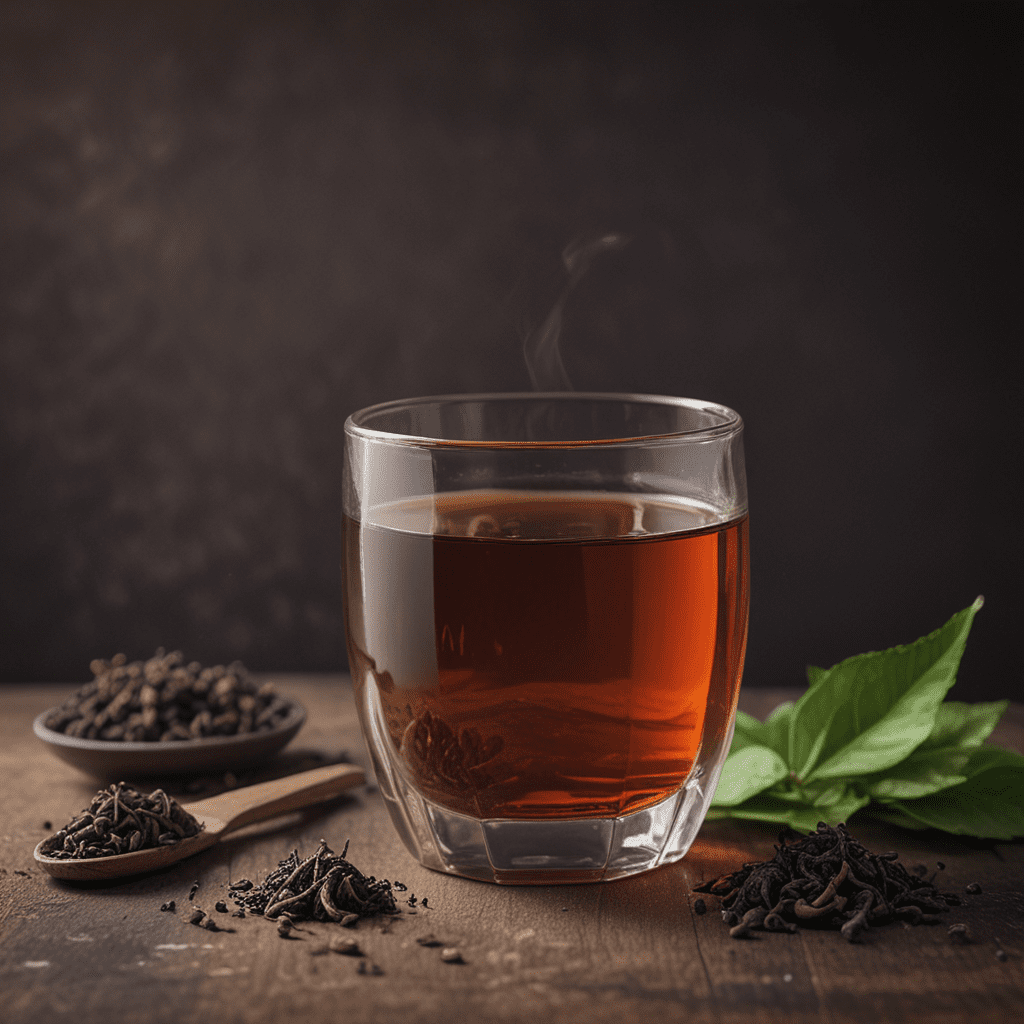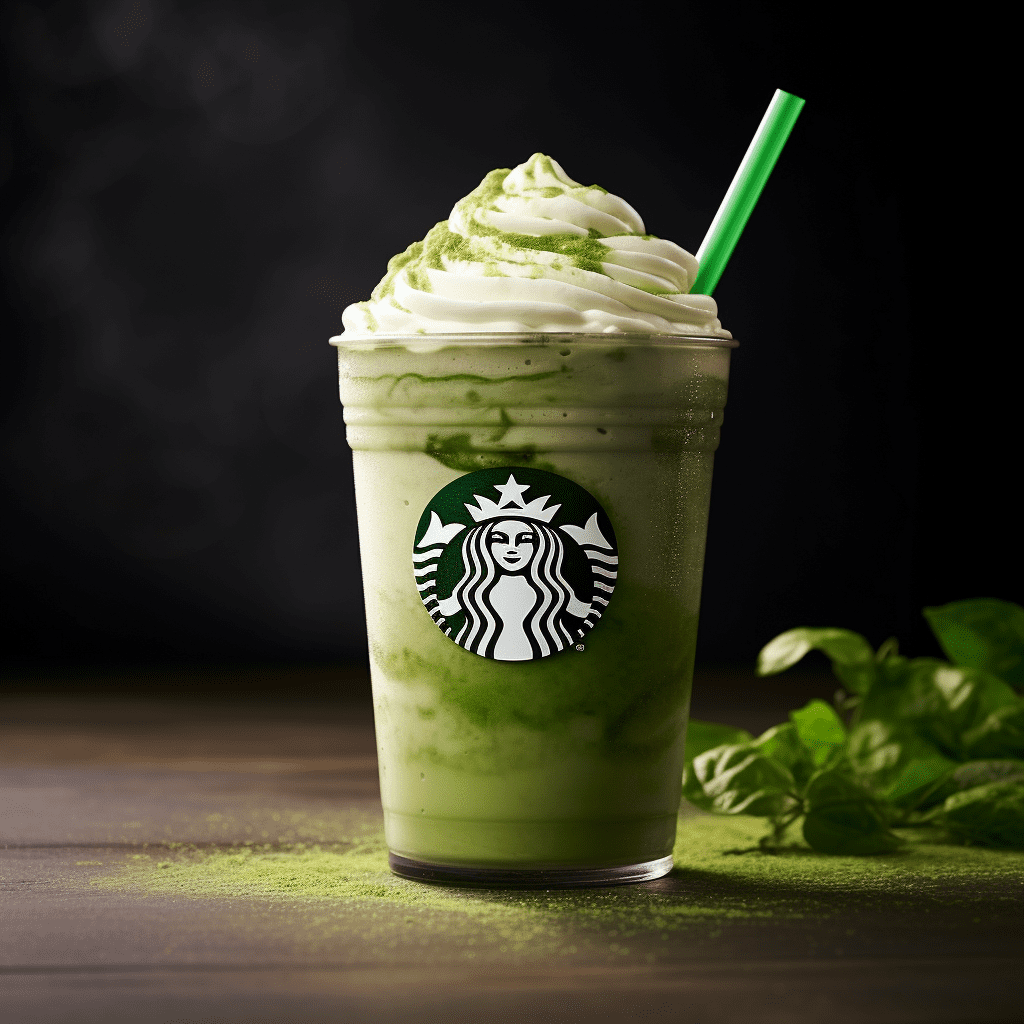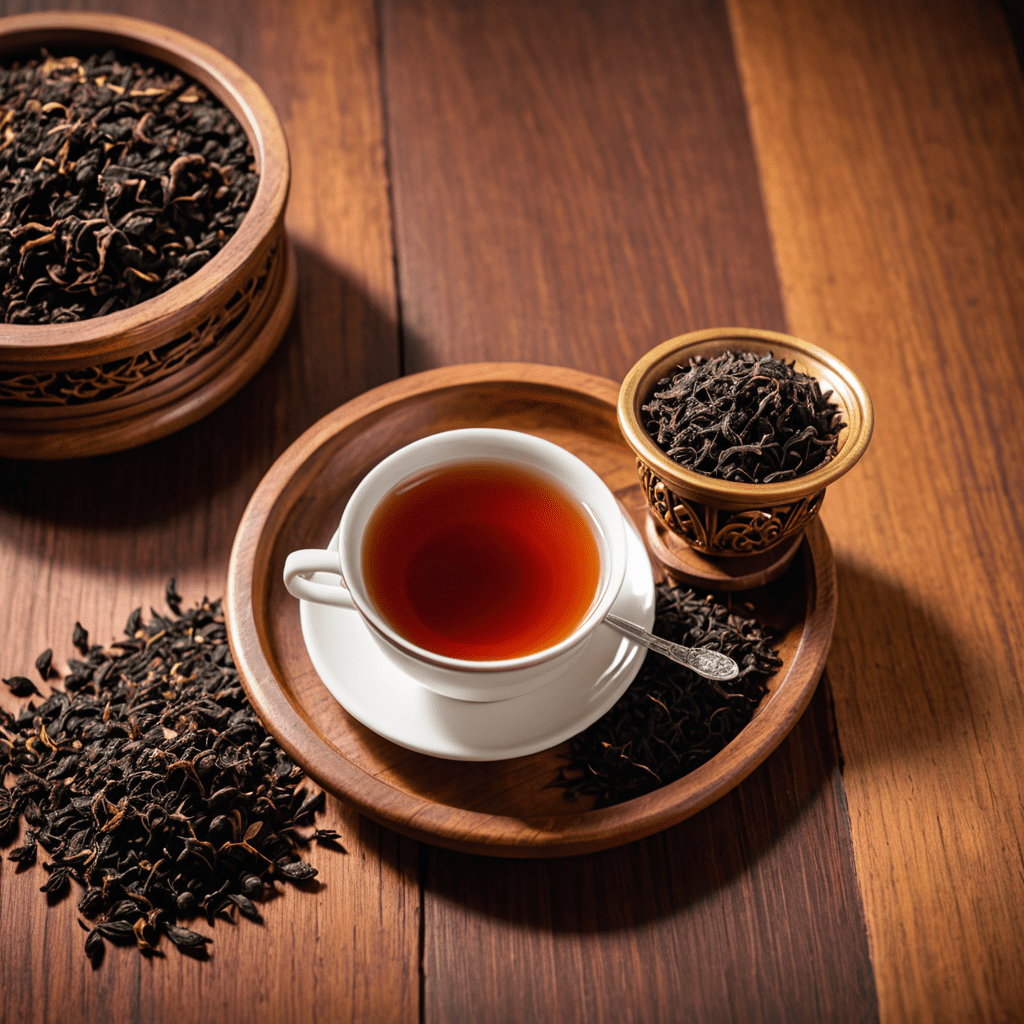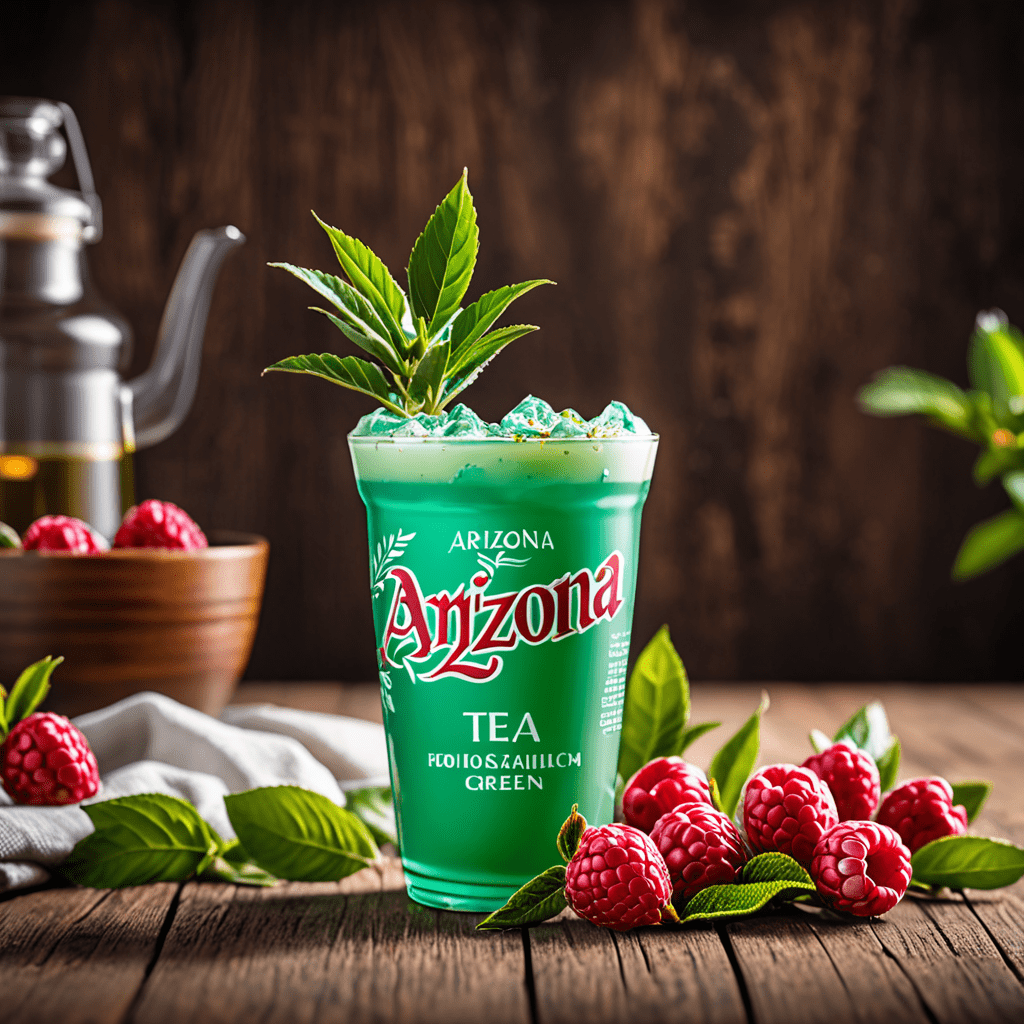Assam Tea: A Flavor Profile Guide
Introduction:
Assam tea, indigenous to the lush Brahmaputra Valley in India, holds a prominent place in the global tea industry. Its robust flavor and distinct characteristics have captivated tea enthusiasts for centuries. Originating from the Camellia sinensis var. assamica plant, Assam tea boasts a unique flavor profile attributed to its specific geographical conditions and expert cultivation practices.
Unique Characteristics:
The Brahmaputra Valley, with its fertile soil, abundant rainfall, and tropical climate, provides an ideal environment for Assam tea cultivation. These conditions allow the tea plants to thrive and develop their signature full-bodied flavor. Assam tea is primarily harvested from large-leafed tea bushes that produce bold and intense teas.
Flavor Notes:
Assam black tea is renowned for its malty and full-bodied flavor. Its rich and earthy notes, complemented by a subtle sweetness, create a satisfying and comforting tea experience. The distinct "roasted grain" scent adds complexity to its flavor profile, making it a favorite among tea connoisseurs.
Aroma:
The aroma of Assam tea is equally captivating. Its woody and spicy notes evoke a sense of warmth and comfort. The characteristic "roasted grain" scent is particularly prominent, contributing to its unique olfactory experience. The earthy and spicy aromas make Assam tea an excellent choice for blending with other teas or spices.
6. Oxidation Levels:
Depending on the processing method, Assam tea can be categorized into different oxidation levels, each with its unique flavor and aroma profile. Black Assam tea undergoes complete oxidation, resulting in its dark color and robust flavor. Green Assam tea, on the other hand, is minimally oxidized, preserving its fresh and grassy notes. White Assam tea, the least oxidized variety, boasts a delicate and floral character.
7. Sensory Evaluation:
Expert tea tasters meticulously evaluate Assam teas to determine their sensory attributes. Common tasting notes include malt, earth, wood, spice, and a hint of sweetness. The tea's briskness, astringency, and intensity are also carefully assessed. Connoisseurs often describe Assam teas as having a "full cup," meaning they possess a rich and well-rounded flavor that lingers on the palate.
8. Blending and Pairing:
Assam tea's versatility lends itself well to blending with other teas or flavors to create unique and harmonious experiences. Complementary flavors, such as citrus, spice, or fruit, can enhance its inherent characteristics. Assam tea can also stand alone as a bold and satisfying beverage, perfect for a relaxing afternoon or a stimulating morning brew.
9. Health Benefits:
Assam tea is not only a flavorful beverage but also a potential source of health benefits. It contains antioxidants, such as flavonoids and polyphenols, which may help protect against cellular damage and promote overall well-being. Some studies suggest that Assam tea may have anti-inflammatory and anti-cancer properties, although more research is needed to fully understand its potential health implications.
10. Conclusion:
Assam tea is a celebrated beverage that has captivated tea lovers around the world with its distinct flavor profile. Its rich, malty, and earthy notes, combined with its robust aroma, make it a truly unique and enjoyable tea experience. Whether enjoyed as a standalone brew or blended with complementary flavors, Assam tea continues to be a cherished beverage, embodying the essence of the lush Brahmaputra Valley from which it originates.
FAQ:
Q: What is the best way to brew Assam tea?
A: Assam tea can be brewed using various methods, including traditional black tea brewing techniques or modern brewing methods like tea infusers or tea bags. The optimal parameters for brewing Assam tea are hot water (around 95°C) and a steeping time of 3-5 minutes, depending on the desired strength.
Q: Can Assam tea be brewed with milk or sugar?
A: Yes, Assam tea pairs well with milk or sugar, as these additions can complement its robust flavor. However, some tea enthusiasts prefer to savor the pure taste of Assam tea without any additives.
Q: What are some popular blends that include Assam tea?
A: Assam tea is often blended with other teas or flavors to create unique and flavorful combinations. Popular blends include Earl Grey, English Breakfast, and Masala Chai, which incorporate Assam tea as a base and add additional flavors such as bergamot, spices, or milk.



